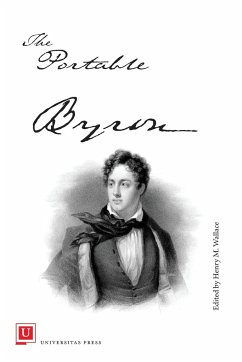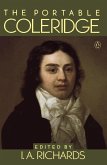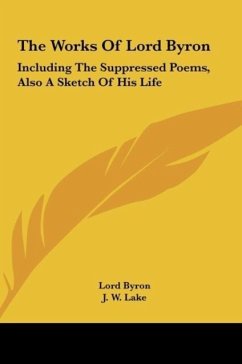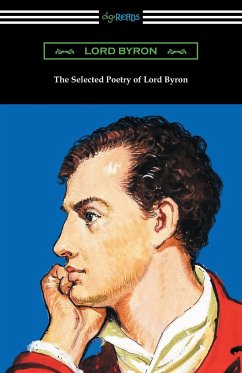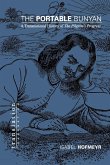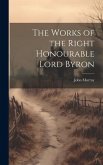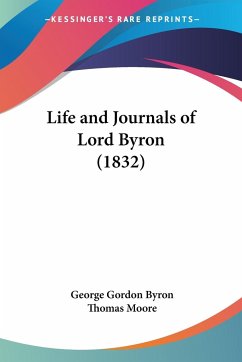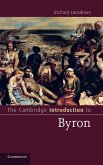Byron's fame far surpasses the contemporary reader's familiarity with his work. This volume aims to revive interest in his work by selecting from his poems, letters and journals everything that is relevant to Byron students today. Byron is, after Shakespeare, the first name that comes to mind when one thinks of English authors; nevertheless, compared to the Bard, he is rarely read and studied. He has been "rescued," it is true, beginning with the last few decades of the twentieth century, but this surge in interest has been too much related to one or both of the following issues: his very eventful life; and the famous concept of the "Byronic hero." Thus, one studies Byron today especially because of his astonishing fame (and his bisexuality) in the early nineteenth century; or because some of the characters he created in his poems are very closely associated to the most familiar version of English High Romanticism. If there is a organising criterion of this volume, it is certainly not biographical; the focus will not be on Byron "the man," not even on Byron "the artist," but rather on Byron the commentator. He was definitely more interested in saying his piece, in talking about his age, and, in passing, about himself. After all, there is not enough in his writings about the scandals in his life and the scandalous behaviour (mostly his libertinism) that were rumoured at the time and have been copiously and ceaselessly brought to the fore of Byron studies in the past decades. Such details can, however, be found in the chronology at the beginning of this volume. During his lifetime, the most clearly formed attacks on his behavior and beliefs included the separation from his wife (which he tried to explain in his memoirs, now lost, and only in a veiled way in letters); his supposed irreligiosity (which, again, he defended himself against, mostly in letters); and his libertinism (which he never tried to hide, with the exception of homosexual encounters which he disclosed in coded language in some letters). All these, however, have little to do with his intellectual persona. Byron was a liberal, anti-colonial aristocrat with some republican tendencies, deeply interested in the revolutionary national movements of the early 19th century. He was a Romantic poet with a major satirical vein, much attached to the 18th-century tradition of Pope, Swift, Fielding, Goldsmith, Sheridan. He was a great theatregoer with a classical education, always ready to quote from Virgil or Homer, but also knowing Shakespeare by heart. The reader of this volume will not be able to grasp the development of Byron's poetical output and she will miss much of the force (but, for today's reader, also the tedium) of his long epic poems. Hopefully, however, she will find everything that was important to Byron: Italy and Greece, exile and melancholy, the intricacies of love, the fight for liberty, social criticism and moral criticism, the criticism of hypocrisy and of moral correctness (the "cant" as he called it), the willingness to defend the undefended. This scholarly edition includes footnotes and introductory notes. It organizes Byron's literary legacy by themes and subjects, helping readers build up their understanding of this fascinating literary giant.
Hinweis: Dieser Artikel kann nur an eine deutsche Lieferadresse ausgeliefert werden.
Hinweis: Dieser Artikel kann nur an eine deutsche Lieferadresse ausgeliefert werden.

